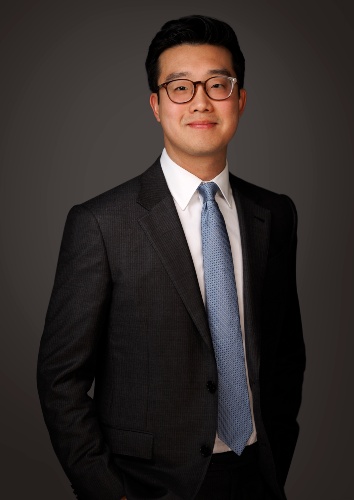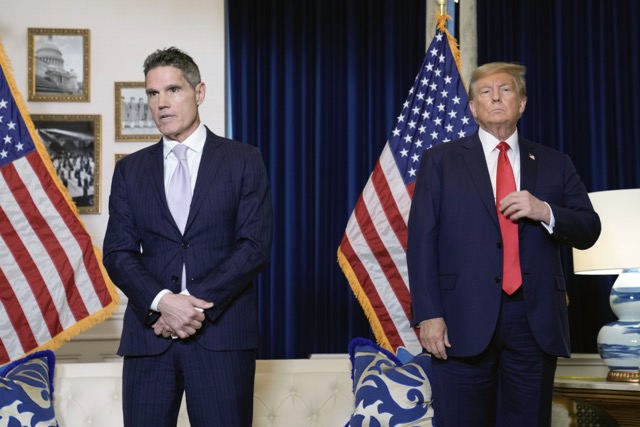Welcome to Lauro & Singer
Lauro & Singer was initially formed as The Lauro Law Firm by John F. Lauro, a former federal prosecutor in New York City and partner at a national law firm. Mr. Singer joined the firm as an associate in 2015, was later promoted to senior counsel in 2019, and became a partner in the firm in 2022. In 2023, the firm changed its name to Lauro & Singer in recognition of Mr. Singer’s outstanding contribution to the firm and its clients. Lauro & Singer has handled numerous white collar criminal and civil cases involving healthcare fraud, securities fraud, foreign and domestic bribery, bank fraud, defense contractor fraud, money laundering and racketeering, public corruption, antitrust, theft of intellectual property, false claims and qui tam litigation, tax violations, breach of contract, personal injury, civil fraud, and class action litigation. Clients involved in such matters often need a lawyer to represent them in connection with the criminal as well as civil aspects of their case. Our firm has the ability to do both — that is, to represent a client throughout parallel criminal and civil proceedings and try the case in both forums.
Lauro & Singer has a single mission: to provide exceptional legal services to individuals and businesses involved in crisis situations. Our firm handles a broad array of complex white collar criminal and civil litigation matters before federal and state courts, regulatory agencies, and administrative bodies and is prepared at all times to take a case to court, if necessary. Our focus, however, is to avoid charges being brought and obtaining the best possible result without the need to go to court.

















